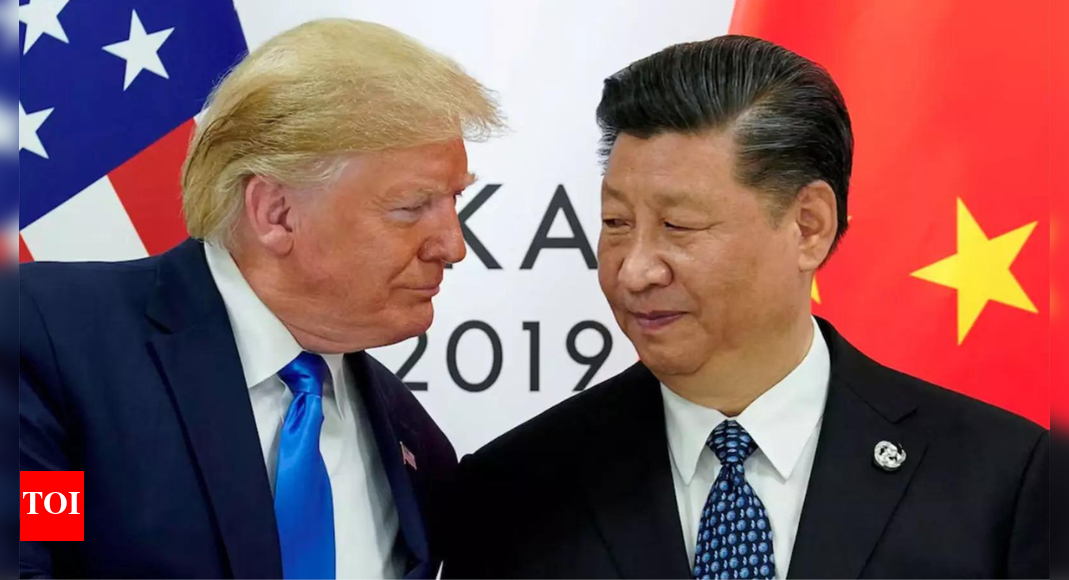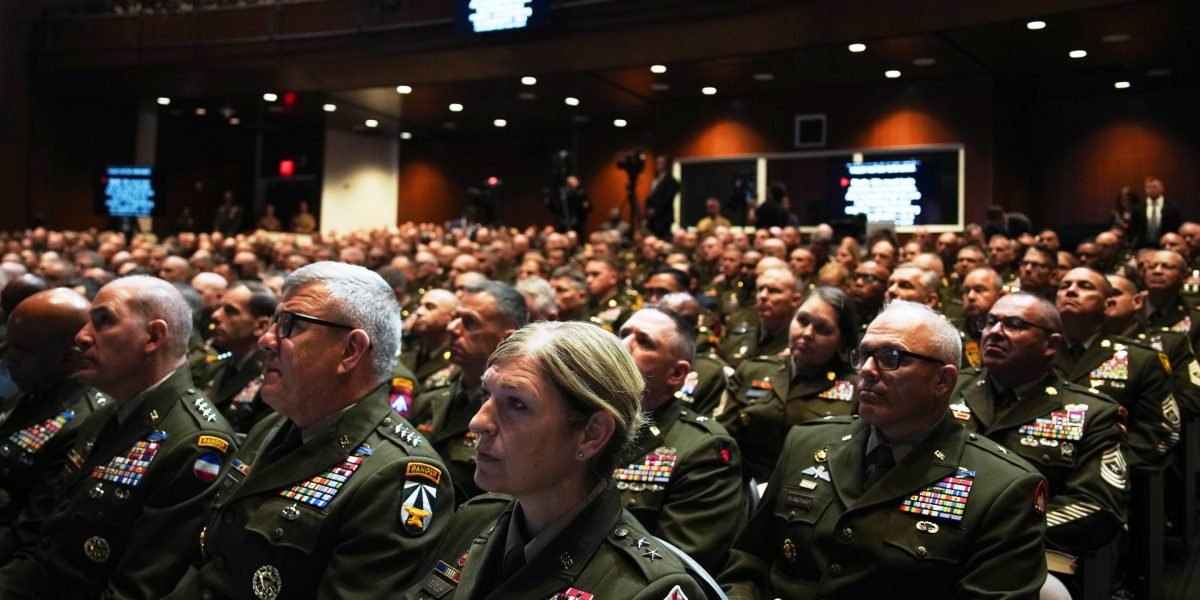US President Donald Trump on Monday set the tone for his upcoming meeting with China’s President Xi Jinping, saying the two countries would strike a “fantastic deal” — and warning that failure to reach an agreement could see China face potential tariffs of 155%.“I think we’re going to end up having a fantastic deal with China. It’s going to be a great trade deal. It’s going to be fantastic for both countries, and it’s going to be fantastic for the entire world,” he said as he hosted Australian Prime Minister Anthony Albanese at the White House.“I think China’s been very respectful of us. They are paying tremendous amounts of money to us in the form of tariffs. As you know, they are paying 55%, that’s a lot of money…A lot of countries took advantage of the US and they are not able to take advantage anymore. China’s paying 55% and a potential 155% come November 1st unless we make a deal. I am meeting with President Xi. We have a very good relationship, we are going to be meeting in South Korea in a couple of weeks...I think we are going to work out something which is good for both the countries,” he added.His comments follow Beijing’s move to tighten export controls on rare earth materials, essential for smartphones, fighter jets, electric vehicles, and other technologies.Trump has emphasized tariffs as a key tool in negotiations with China, threatening a new 100% tariff in response to Beijing’s expanded export controls on rare earth products. Since returning to the White House, he has already imposed additional 30% tariffs, bringing the total on Chinese goods to around 55–57%, which he says has generated “hundreds of billions” in revenue. Trump indicated that the threat of tariffs has already earned the US “great respect” from Beijing, though Chinese officials have rejected this approach, calling high tariffs the wrong way to handle relations. Despite his tough stance on trade, Trump expressed a preference for reaching a deal, highlighting his good relationship with Chinese President Xi Jinping. He also downplayed concerns over a potential Chinese attack on Taiwan, asserting that the US military’s superiority makes such a scenario unlikely.




